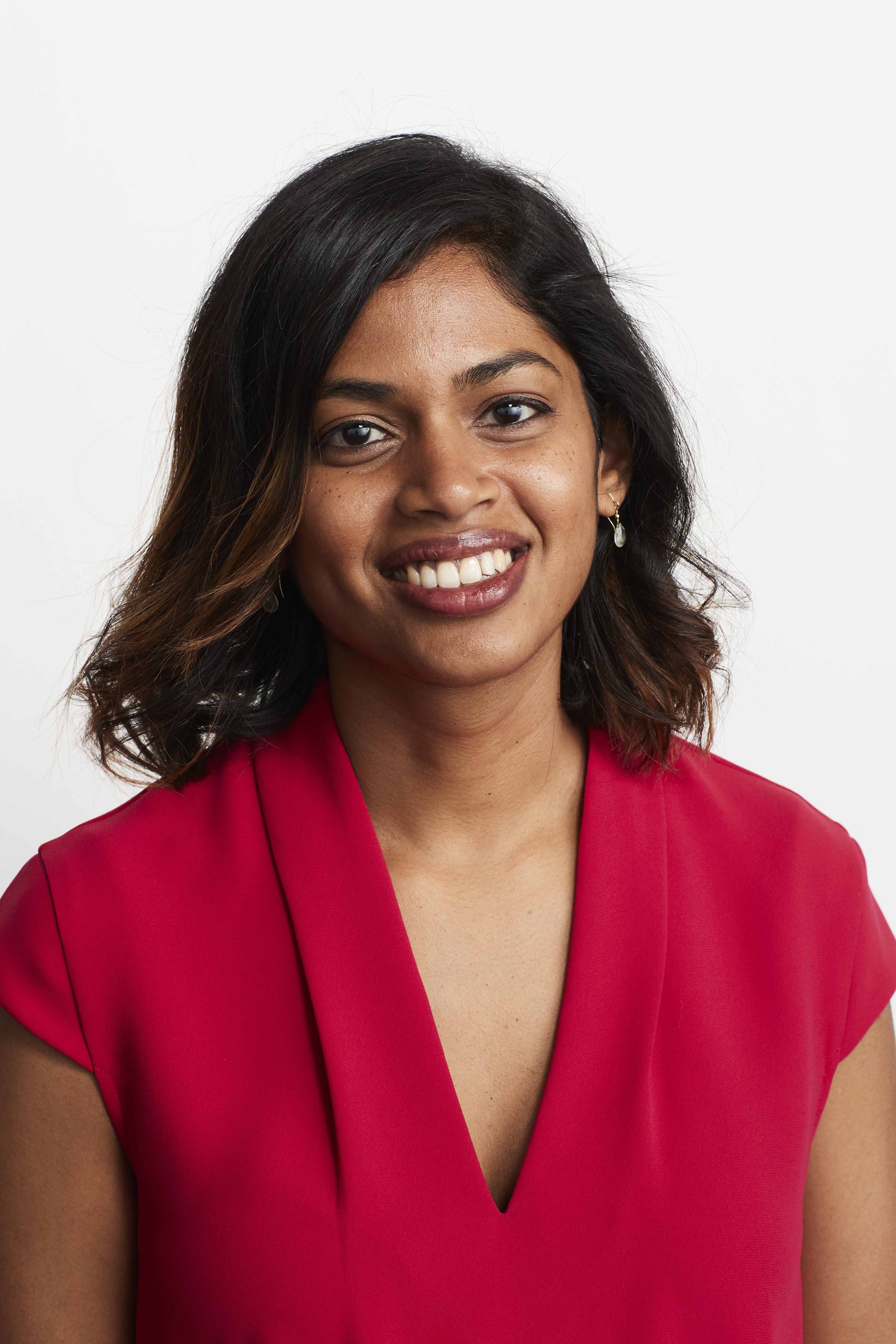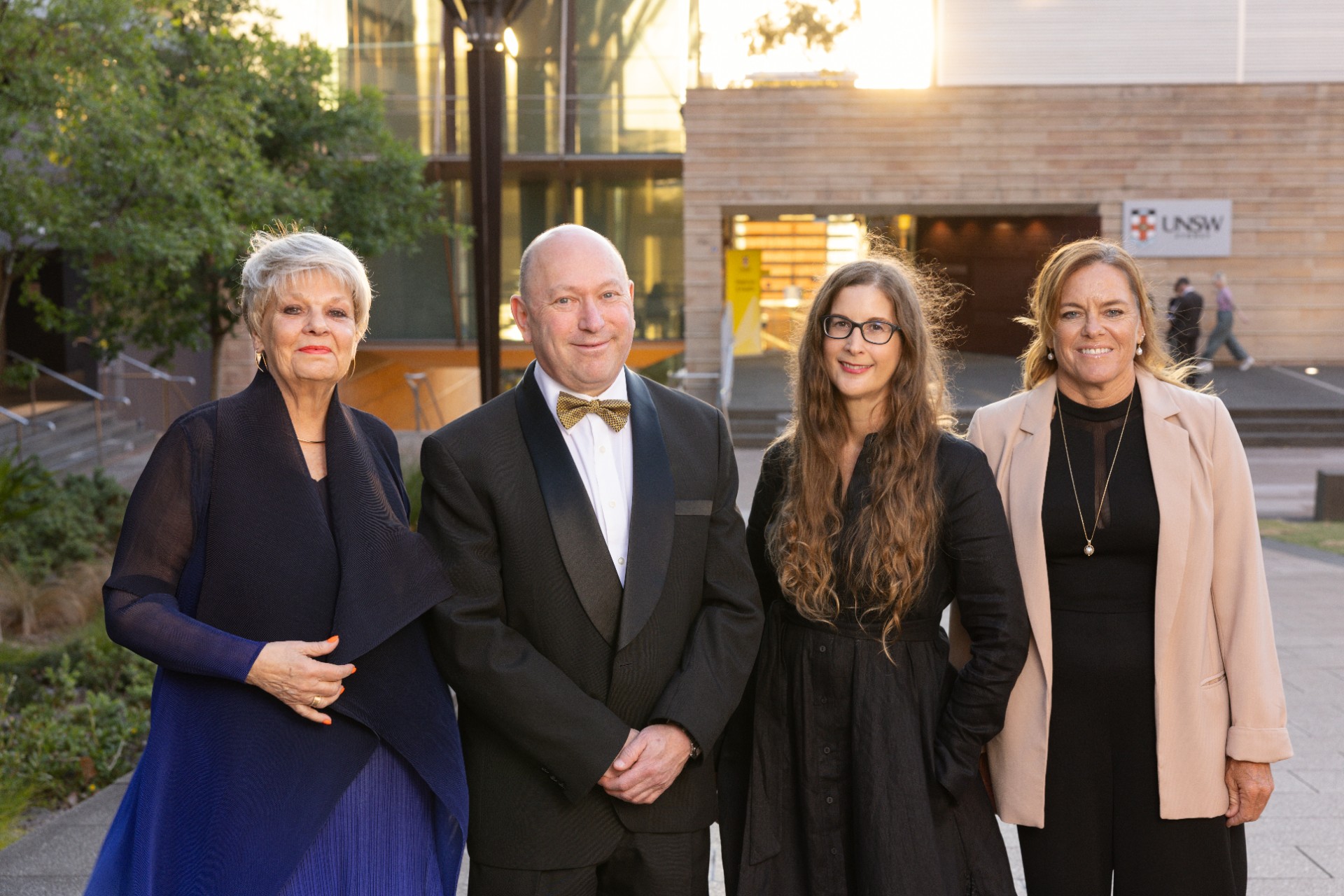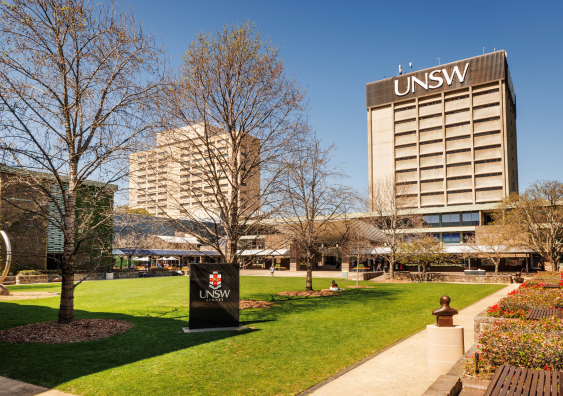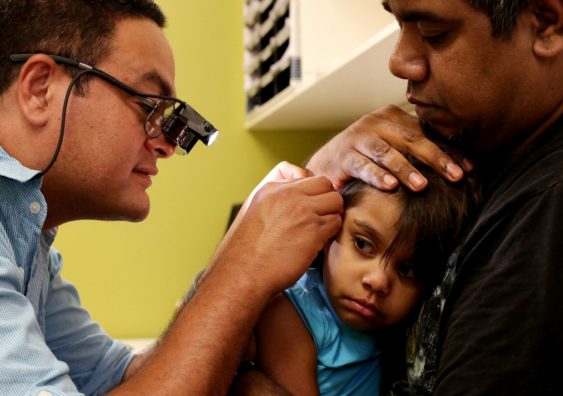UNSW PhD candidate named NSW Young Australian of the Year
20 November 2024
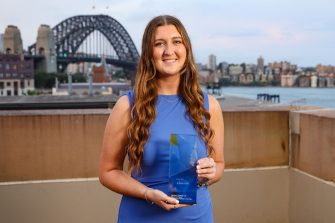
Maddison O’Gradey-Lee co-founded the Orygen Global Youth Mental Health Fellowship, a six-month program providing youth advocates with support, mentorship and education.
Photo: Supplied
Maddison O’Gradey-Lee, a 27-year-old mental health advocate, is working to improve how mental ill-health is measured for Aboriginal and Torres Strait Islander young people.
When the topic of youth mental health comes up, the focus is usually on the challenges young people face.
It is far less common to hear about the young people with lived experience who are leading the charge to help others, mental health advocate and UNSW PhD candidate Maddison O’Gradey-Lee believes.
“When I was 13 and first experienced anxiety, I didn’t know anybody else with mental illness,” she said.
“But I was lucky in that I had teachers at my school who had been able to share their experiences with me about having anxiety. That was really inspiring to see what representation looked like and ultimately led me to want to work in psychology,” she said.
The 27-year-old’s dedication to mental health advocacy has seen her named the 2025 NSW Young Australian of the Year. She said she was proud to be a part of the groundswell of youth mental health advocates sharing their stories.
“It feels incredibly surreal but it’s such an honour and an exciting time. Youth mental health work doesn’t get a lot of media attention so it’s really exciting this now has a platform, and we get to talk about it and all the incredible things young people are doing,” she said.
In 2020, Ms O’Gradey-Lee co-founded the Orygen Global Youth Mental Health Fellowship, opens in a new window, a six-month program providing youth advocates with support, mentorship and education to increase the impact of their advocacy project, both locally in their communities and around the world.
“What we kept hearing from young people is that they were on the frontlines of change in their community, but they felt unsupported. They never received training, and they felt alone in the work that they were doing,” she said.
Four years later, the Orygen Global youth fellowship has trained 76 youth advocates in mental health education, lived experience advocacy and peer support across 42 countries from Belize to Afghanistan. Over 21,000 young people have been reached through the direct and indirect impact of the program.
Youth mental health work doesn’t get a lot of media attention so it’s really exciting this now has a platform, and we get to talk about it.
Along with creating a global community, Ms O’Gradey-Lee is completing a combined PhD/Master of Clinical Psychology at UNSW Science and the Black Dog Institute. Her PhD research aims to improve the measurements of mental ill-health in First Nations youth.
“The measurement tools we currently use are culturally inappropriate and that leads to a plethora of negative impacts on these young people like misdiagnosis, lack of understanding and harmful policy,” she said. “The ultimate goal is to use the research to create a culturally valid measure of wellbeing for children. It’s powerful when we have the right data available to us.”
UNSW Vice-Chancellor and President, Professor Attila Brungs, congratulated Ms O’Gradey-Lee on her award.
“We are honoured to celebrate this fantastic achievement. Maddison has offered hope and tangible support to countless young people, and I congratulate her on driving meaningful change in mental health advocacy and research,” he said.
Dean of Science, Professor Sven Rogge, said Maddison’s passion and commitment to improving mental health outcomes was inspiring.
“Maddi’s advocacy has led to global social change, and I look forward to following her journey as she continues her research here at UNSW,” Prof. Rogge said.
Ms O’Gradey-Lee has won other accolades in addition to her NSW Young Australian honour. This year she became the first Australian to win the Diana Legacy Award since the award’s inception 25 years ago. She was also the first person from Oceania to win a Dalai Lama Peace Fellowship and has been named in the top 100 most influential women in Australia by The Australian Financial Review.
Media enquiries
Tel: +61 2 9065 3225 , opens in a new window
Email: s.menezes@unsw.edu.au, opens in a new window


